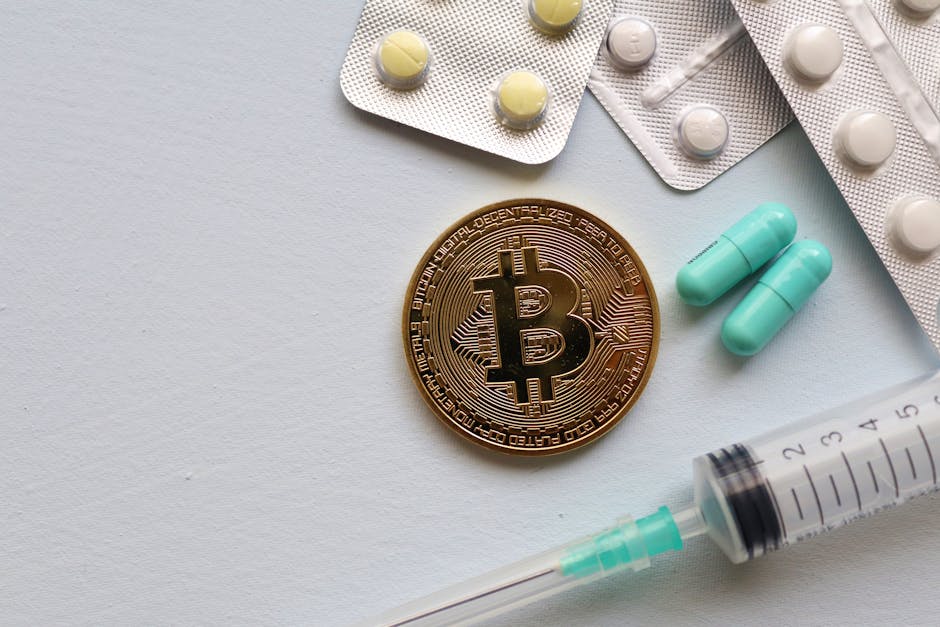Introduction to healthcare payment processing
Healthcare payment processing plays a vital role in the medical industry. It involves handling the financial transactions related to healthcare services, such as medical treatments and procedures. With the advancement of technology, the payment process has become more efficient and streamlined. Electronic transactions, online payment portals, and digital invoicing are some of the modern methods used to manage healthcare payments. These technologies help healthcare providers receive timely payments, reduce errors, and improve overall financial management.
The importance of streamlined payment systems in healthcare
Payment systems in healthcare play a crucial role in ensuring smooth and efficient transactions between patients, healthcare providers, and insurance companies. Here are some key points highlighting the importance of streamlined payment systems in healthcare:
Efficiency: Streamlined payment systems simplify the billing and payment process, reducing errors and delays in transactions.
Cost-Effectiveness: By automating payment processing, healthcare facilities can save time and resources that would otherwise be spent on manual tasks.
Transparency: A well-organized payment system provides clear insights into financial transactions, enhancing accountability and trust between all parties involved.
Patient Satisfaction: Quick and accurate payment processing contributes to a positive patient experience, as it minimizes billing confusion and ensures timely payments.
Regulatory Compliance: Streamlined payment systems help healthcare organizations stay compliant with financial regulations and standards, reducing the risk of penalties or legal issues.
Data Security: Efficient payment systems incorporate secure technologies to safeguard sensitive patient and financial information, maintaining data privacy and integrity.
Evolution of technology in healthcare payment processing
Technology has greatly improved healthcare payment processing. Now, many healthcare providers use electronic systems to streamline the payment process. This technology allows for faster transactions and reduces the risk of errors. Additionally, advancements in technology have enabled the integration of payment tools with electronic health records, making the process more efficient for both patients and providers.
Benefits of technology in healthcare payment processing
Using technology in healthcare payment processing can bring many benefits. It can significantly reduce errors in billing and payment transactions, leading to faster processing and more accurate records. Additionally, technology allows for automation of tasks, which can free up time for healthcare providers to focus on patient care. With secure electronic transactions, patients can also enjoy convenience in making payments and managing their healthcare expenses. This streamlined process enhances efficiency and can contribute to cost savings for healthcare organizations in the long run.
Challenges in healthcare payment processing
Healthcare payment processing faces challenges like high administrative costs, complex billing systems, and frequent errors. Insurance regulations and varying payment methods add to the complexities. Streamlining these processes can improve efficiency and reduce errors, benefiting both providers and patients.
Innovations in payment processing technology
Innovations in payment processing technology have revolutionized how healthcare payments are handled. With advancements like blockchain technology and real-time claim adjudication, healthcare providers can now process payments faster and more securely. These innovations help reduce billing errors, improve claim accuracy, and enhance overall efficiency in the payment process. Additionally, mobile payment solutions and contactless payment options have made it easier for patients to pay for their medical expenses seamlessly.
Implementation of technology in healthcare payment systems
Healthcare payment systems are incorporating technology to make processes more efficient. Here are some ways technology is streamlining payment processing in healthcare:
- Electronic Billing: allows healthcare providers to submit claims quickly and accurately.
- Online Payment Portals: patients can conveniently pay bills and manage their accounts online.
- Automated Payment Posting: reduces manual data entry errors and speeds up payment posting.
- Electronic Funds Transfer: enables fast, secure, and direct deposits of payments.
- Data Analytics: helps identify trends, optimize revenue cycles, and improve financial performance.
Examples of successful technology integration in healthcare payments
Technology has revolutionized how healthcare payments are processed, making transactions more efficient and convenient for both patients and providers. Here are some successful examples of technology integration in healthcare payments:
- Mobile Payments: Patients can securely pay their bills using mobile payment apps, providing a convenient and fast way to settle healthcare expenses.
- Online Portals: Healthcare providers offer online portals where patients can view and pay their bills, schedule payments, and access payment history easily.
- Electronic Health Records (EHR): EHR systems integrated with payment processing capabilities streamline the billing process, reducing errors and speeding up reimbursement.
- Automated Payment Plans: Automated payment plans allow patients to set up recurring payments for their healthcare bills, ensuring timely payments and reducing administrative burden for providers.
These technologies have simplified payment processes in healthcare, making it easier for patients to manage their expenses and for providers to receive payments efficiently.
Future trends in healthcare payment processing
Healthcare payment processing is evolving with technology, making it more efficient and secure. Blockchain technology is expected to play a significant role in ensuring data integrity and reducing fraud in payment transactions. Artificial intelligence is also anticipated to streamline payment processes by automating tasks like claims processing and reconciliation. Mobile payment solutions are becoming more popular, offering patients convenience and flexibility in managing their healthcare payments. With these advancements, healthcare payment processing is moving towards a more seamless and transparent future.
Conclusion – The impact of technology on healthcare payment processing
Technology has significantly improved the efficiency of healthcare payment processing. By utilizing electronic systems and software, healthcare providers now process payments faster and with fewer errors. This not only reduces administrative burden but also enhances accuracy and security in financial transactions within the healthcare sector. Additionally, the integration of technology has led to improved patient experience, as individuals can make payments conveniently and securely through online portals. As technology continues to advance, we can expect further enhancements in healthcare payment processing, ultimately benefiting both providers and patients.
